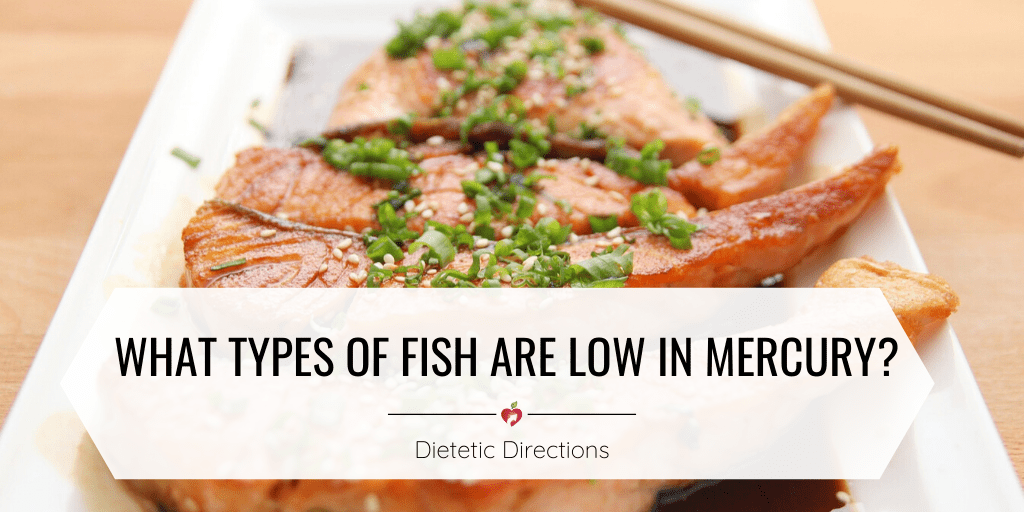
Which Types of Fish are Low in Mercury?
It seems widespread thatomega 3 fatty acidsare beneficial for heart health; however, clients are often concerned about the amount ofmercuryinfishleading to birth defects or learning disabilities. Mercury is atoxic, global contaminate that doesnotbreak down in the environment and can build up in living things.Today’s blog will explore this concern in greater detail and highlight the types of fish that are low mercury.
How does Mercury get into Fish?
Mercurycan be released naturally into the environment from rocks, soil, forest fires and volcanoes. Human activity is also responsible for increasing mercury in our atmosphere through industry practices like metal mining and coal-fired power generation. When mercury is released into the water, the fish can absorb it. However, thelarger, long-living predatory fishgenerally end up with thelargestamounts ofmethyl mercury. Fish such as grouper, swordfish, shark, pike, bass, marlin, some types of tuna (albacore, bigeye, blackfin, bluefin) and the marine mammals are all high in mercury.
Health Canada recommendations for fish consumption Click To TweetDietary Guidance:
Health Canadaadvises the public to consume predatory fish (listed above)only occasionallydue to the high mercury level. High risk population groupslike children and pregnant women should limit their intake of high-mercury fish to less than2.5 ounces per month. High risk groups should also limit consumption ofalbacore (white) tuna.
Best Fish Options:
As promised, here is a list of Low Mercury fish choices:
- Clams
- Crab
- Herring
- Mackerel
- Mussels
- Pollock
- Salmon, canned or wild
- Sardines
- Scallops
- Sole
- Steelhead trout
- Tilapia
- Tuna, canned light
Bottom Line:
When selecting fish, be mindful of choosing typeslow in mercuryand consumingpredatory fishoccasionally. There are various health benefits associated with fish consumption and research studies have found that people who eat fish have a lower risk of cardiovascular disease than those who eat very little or no fish. Fish is an excellent source ofproteinandfatty fishhaveomega 3 fatty acidsthat decrease risk for heart attack, stroke, Alzheimer’s disease and macular degeneration.Heart and Stroke Foundationadvises consumption of fatty fish2-3 timesper week.



